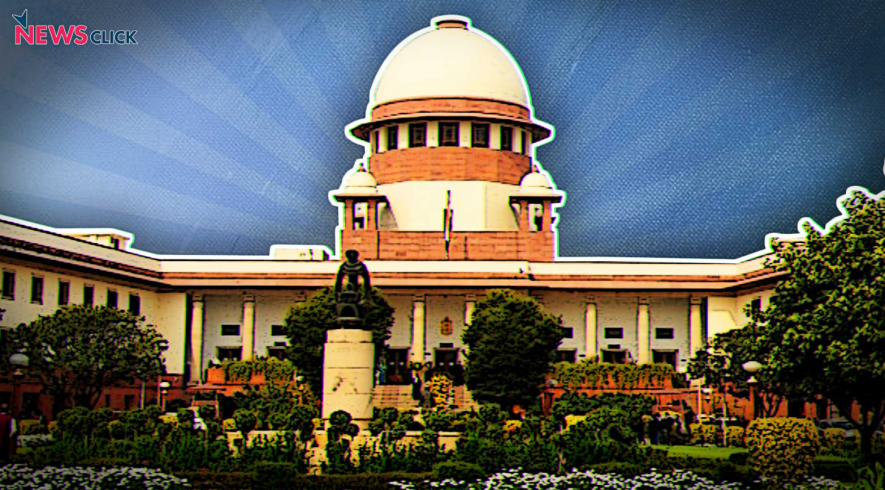'Playing With Fire': In Punjab Case, SC Says Governor Can't Doubt Assembly Session's Validity

Delhi: The Supreme Court on Friday, November 10, said the governor does not have the power to withhold assent to bills by doubting the validity of the legislative session in which they were passed, the LiveLaw reported. This judgment is important as it outlines the limits of gubernatorial powers.
The judgment came in the case wherein the Punjab Governor had withheld his assent on four bills by expressing doubt over the validity of the session of the Punjab Assembly in which they were passed. The Punjab government filed a writ petition against the Governor's inaction on the bills.
The bench comprising Chief Justice of India DY Chandrachud, Justices JB Pardiwala and Manoj Misra held that Punjab Governor Banwarilal Purohit has to take a decision on the four bills submitted for his assent.
During the hearing, the CJI even said that the Governor was "playing with fire" by withholding assent on four bills on the said ground, according to the LiveLaw report.
"How can you say that bill which has been passed cannot be assented to because session is invalid? You realise the gravity of what you're doing? You're playing with fire. How can the Governor say this...these are bills passed by elected members...Will we continue to be a parliamentary democracy? This is a very serious matter", CJI DY Chandrachud was quoted as saying orally.
He also raised the question of whether India would continue to be a parliamentary democracy if such power is given to the Governor.
The bench passed a categorical declaration validating the June Session of the Punjab Assembly. The bench held that it was within the powers of the Speaker to adjourn the budget session convened in March 2023, instead of proroguing it, and calling back the session again in June.
The bench observed in the judgment that "Any attempt to cast doubt on the session of the legislature would be fraught with great perils to democracy. The Speaker, who has been recognised to be the guardian of the privileges of House, was acting in his jurisdiction in adjourning the house sine die."
It also said that the session of the House is not a constitutional option open to the governor. "It must be noted that in a Parliamentary form of democracy, real power rests with the elected representatives of the people..... The Governor, as an appointee of the President, is the titular head of the State", the Court observed in the judgment, as per the LiveLaw report.
The bench noted that as per Article 200, the Governor may either assent to the bill, return the bill for reconsideration by the house or reserve the bill for President's assent.
Initially, the counsel for the Secretary to the Governor of Punjab argued that the Governor kept four bills pending due to an ongoing dispute over the validity of sessions. The State Legislature extended the Budget Session beyond March, adjourning it in June and October instead of proroguing it. This eliminated the need for the Governor to summon a fresh Monsoon Session, he said.
However, the Budget session was summoned by the Governor only after the state government approached the Supreme Court in March.
The four bills were passed in the June session. Due to doubts about its validity, the Governor withheld assent, seeking legal counsel from the Attorney General, the counsel submitted.
In this regard, the bench cautioned against exploiting the Speaker's authority to keep the House in indefinite suspension. Dissatisfied, the Chief Justice criticised the Punjab government for extending the Budget Session into the monsoon and winter, stressing the need for adherence to established rules for democracy to function effectively.
Get the latest reports & analysis with people's perspective on Protests, movements & deep analytical videos, discussions of the current affairs in your Telegram app. Subscribe to NewsClick's Telegram channel & get Real-Time updates on stories, as they get published on our website.
























